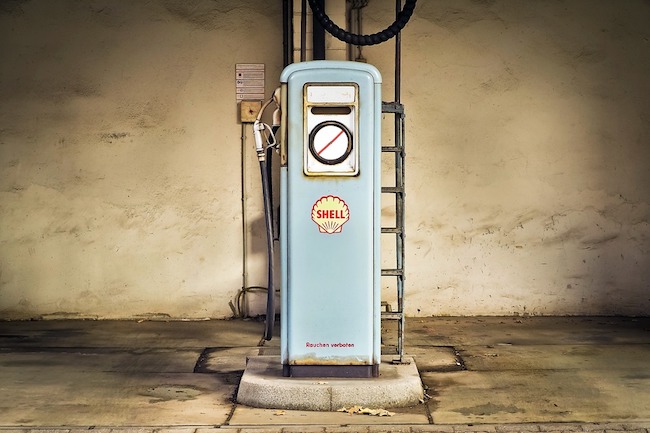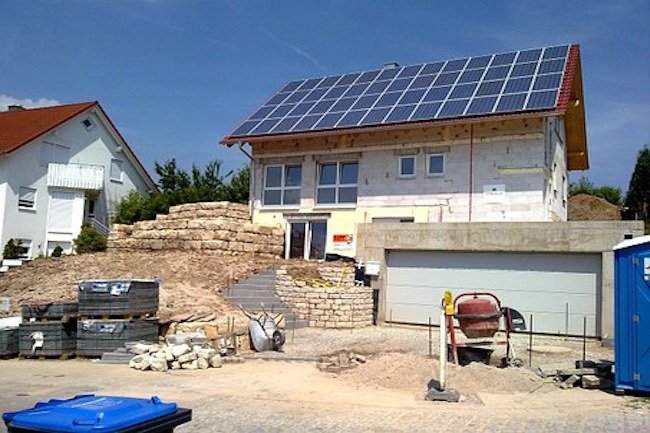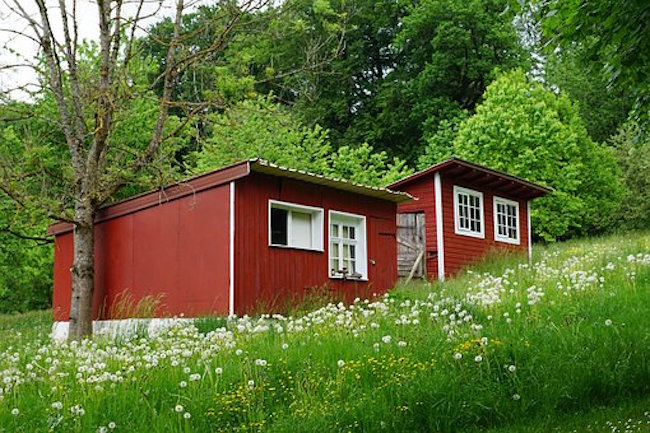A Prepper’s Guide to Biogas as an Alternative Fuel by J. G. Martinez D. for The Organic Prepper
Venezuela is, as I am writing this, a real survival laboratory. Those conditions created by the geopolitical threats have generated an apocalypse as severe as the ones other countries have faced just in war times. Currently, a major issue is fuel shortages and decreased mobility.
According to the information I have received, right now, mobility is quite a challenge. Interstate traveling used to be relatively easy, considering you didn’t have to worry about piracy, uniforms, and so on. Your only concern was suffering a mechanical failure in the middle of nowhere. Since there was insurance coverage that would send a towing truck in a few hours, you could travel with some degree of peace of mind. This service is no longer existent and has been like this for 8 or 9 years already. (Perhaps this service will be huge business once things get back to normal.
Problems arising from the lack of fuel
How this is going to affect my family still there, I can not say. My dad is already in his senior years and can’t hear well, and my mother stopped driving decades ago. And, there are not very many places to go these days, indeed.
Then: Fuel was available, and it was available at a low price.
Now: Fuel is not readily available there, nor will it be for an unknown time.
The entire food production chain is at risk without fuel. Going without fuel is not sustainable in the long term. There are some small, rural towns where people have other means of transportation: horses, mules, and donkeys, mostly. Power consumption is quite low in these rural areas because people don’t have large pumps, pressurized systems, air conditioning, or large fridges. Also, there are no packaging or processing industries. There are only a few small shops, small dispensaries and one or two pharmacies with a few medicines.
Some readers may think I am redundant. I only wish to inform others of what is currently happening. The impact on our daily lives has been incredibly high, and it has been like war or siege. If you don’t feel this is serious, just know that I am going to have to pedal 25 kilometers to my cottage in the mountains with a trailer tied to my bicycle. (Thank you for the silent prayer that I feel coming from your heart. I’m going to need all the divine help I can get.)
All over the world, people have been confined. And while fuel prices are historically low elsewhere, that is not the case in Venezuela. People have died because they don’t have access to a working ambulance to take them to get medical attention. Patients have to be transported in mule carts up to the hospital (if they are lucky), in some inner cities with farms around.
Eighteen hours in a gas station line maybe is not uncommon for those who lived through the oil embargo back in the 70s. There have been some people who had to wait 72 hours to add 30 liters to their tanks. The party’s politicians show their carnet and the uniforms leave them be, and they fill up their tanks, no hassle.
No waiting in line for me. Instead, I prefer to use my motorcycle or my bicycle with biogas. Another option would be installing a diesel engine in my SUV. While I have not built a system to replace the gasoline yet, I do have a working knowledge of how to do so. My suggestion to my readers is to attempt to do this only if you are qualified to do so. (Or in the company of someone who is.)
My plan for when I am back is to share videos detailing what I was able to build and how. For now, this article serves as a theoretical discussion on my options.
Biogas as an alternative.
Biogas generation at home, by simple means, can be achieved if the following is feasible:
- Access to vegetable or animal waste consistently.
- Overall constant high temp ( the higher, the better: this is needed to produce fast decomposition of the organic matter, and releasing as much gas as possible quickly)
- Safe, ample storage space. Huge bags used to store your gas must also be stored safely.
Large, commercially available systems (if you decide to walk that path) should be buried in the ground. In my case, to produce a decent amount of gas, a few closed barrels in full sun will do well. After watching a few videos on compressing (filtered and dehumidified) biogas with an air compressor, pumping it into a retrofitted, propane gas tank, I’m not sure about the safety of this process.
The risks involved with biogas
LOTS of things could go wrong. For example, gas heats up when being compressed, and gas is flammable. You would be heating a flammable substance!
However, I have seen it done cautiously and safely. With my knowledge as an engineer, I should be able to establish an extremely safe procedure for compressing gas.
Below are my preliminary notes for this process.




